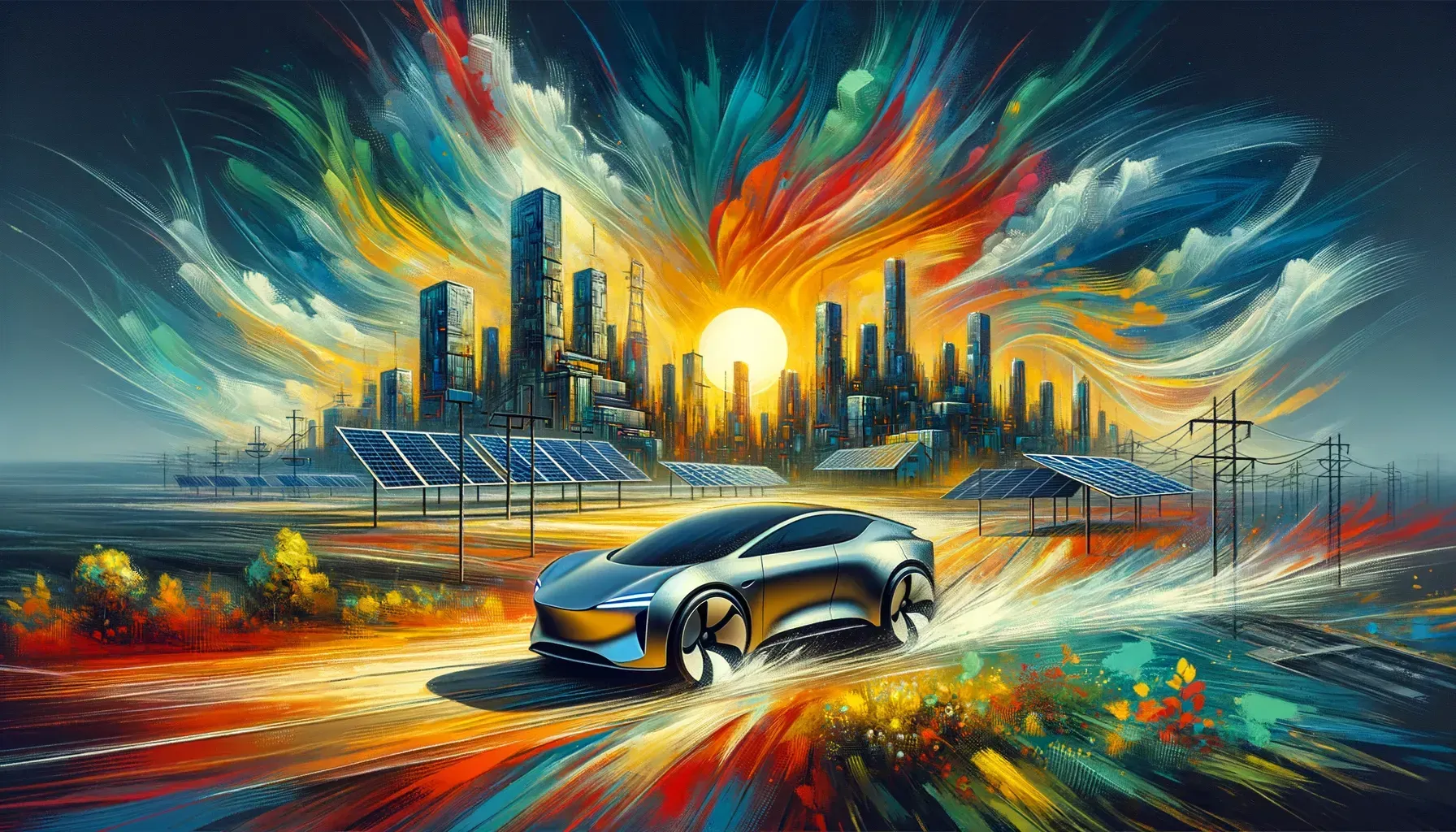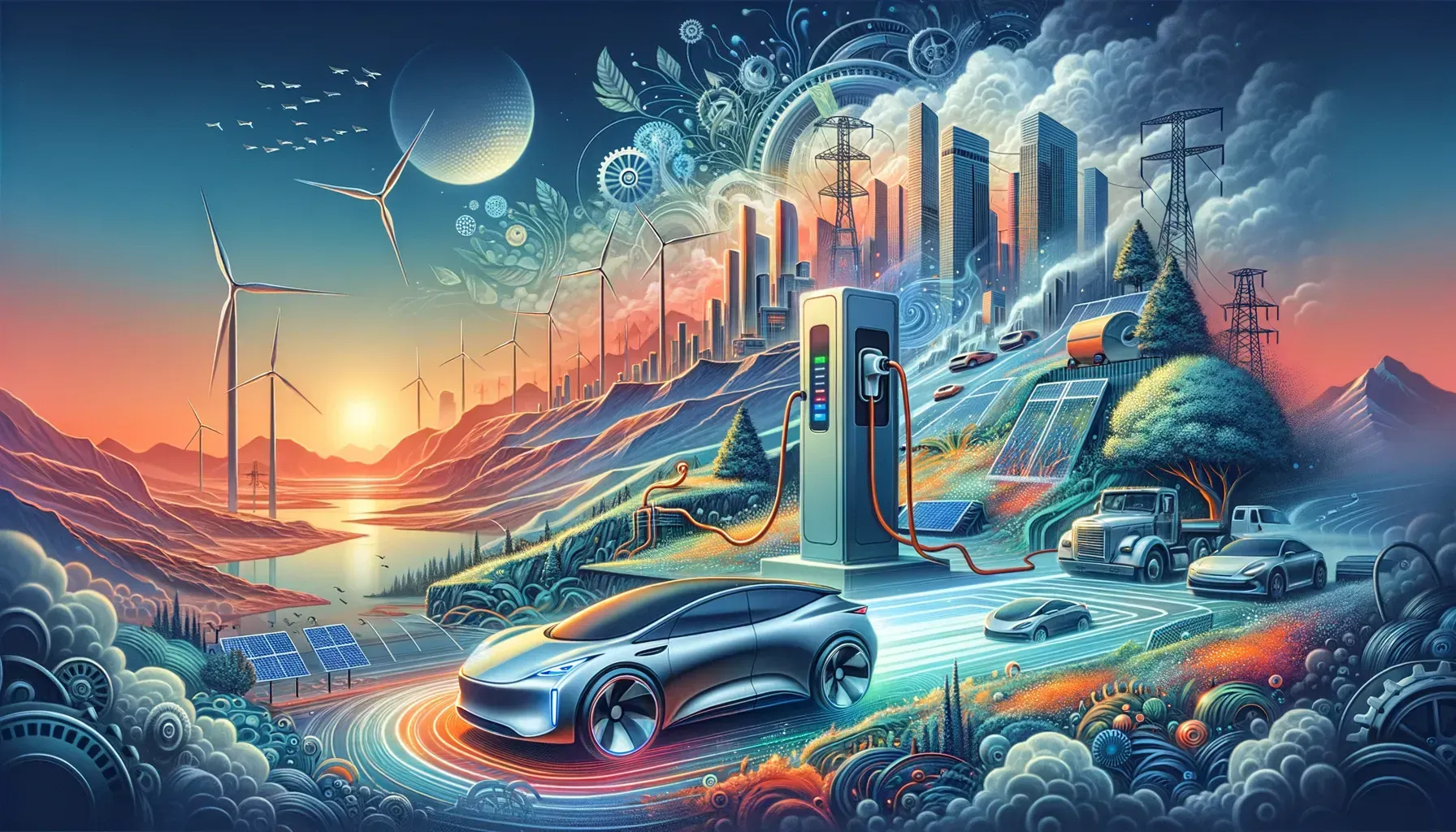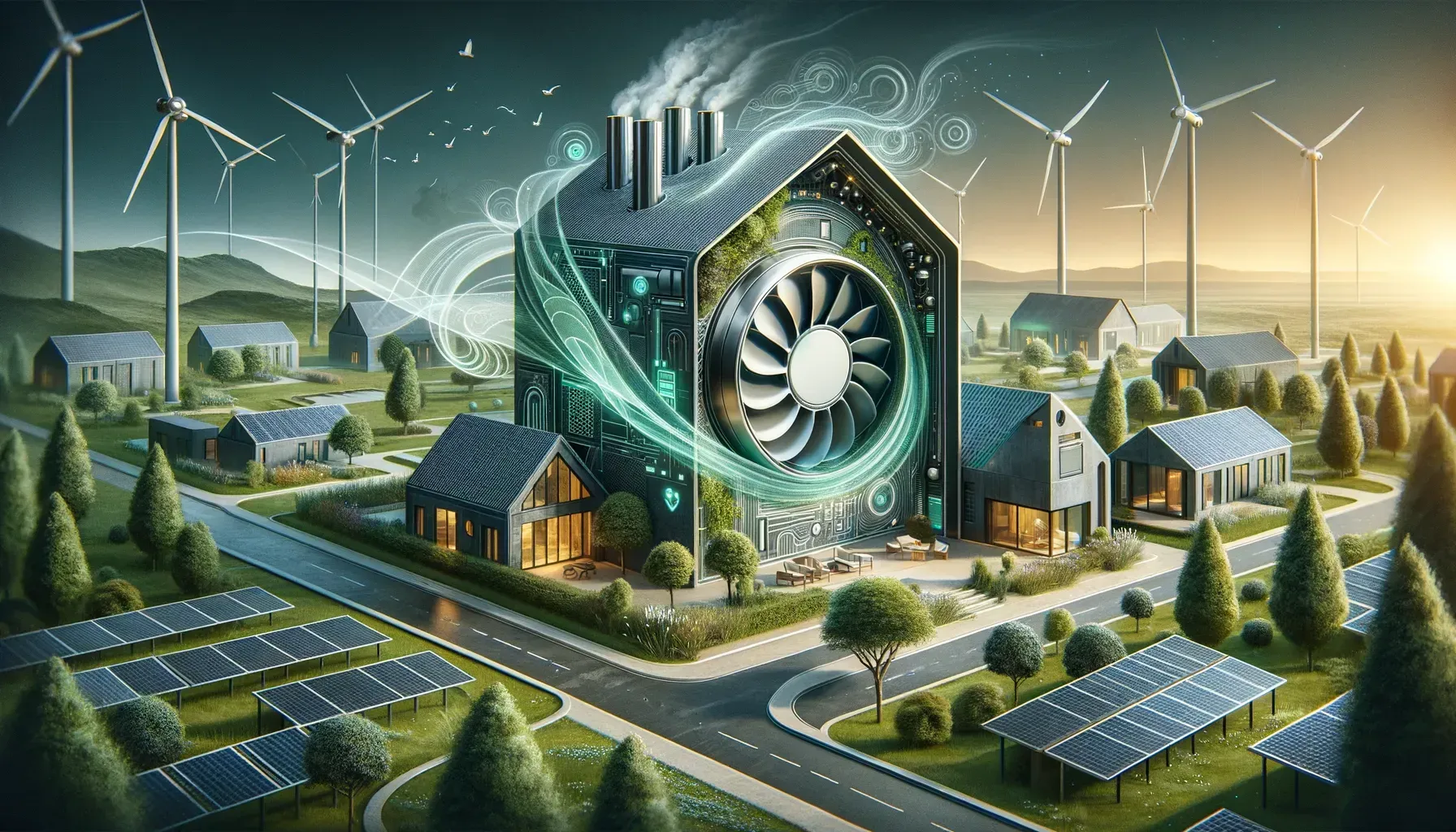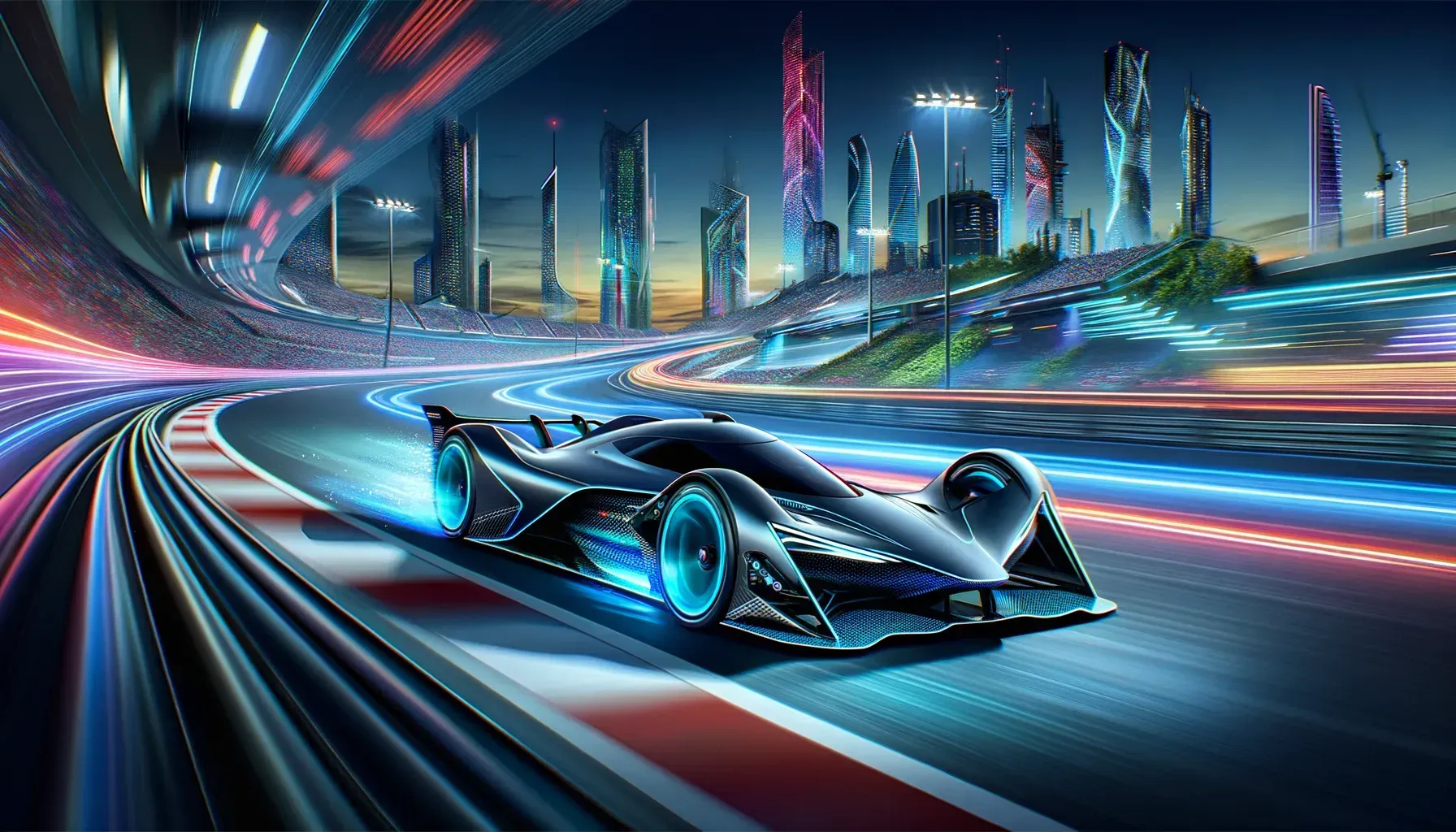Revolutionizing the Road: The Future of Battery Technology for Electric Vehicles
Explore the future of battery technology in electric vehicles, highlighting innovations, sustainability, and market trends shaping the industry.
Overview of Battery Technology in Electric Vehicles
The booming demand for electric vehicle (EV) batteries reached over 750 GWh in 2023, marking a 40% increase from the previous year, largely spurred by markets in the U.S. and electric vehicle battery demand in Europe. This surge is indicative of a broader shift towards electrification in transportation, as consumers and manufacturers alike seek sustainable alternatives to traditional fuel-powered vehicles. Lithium-ion batteries currently dominate the EV landscape, offering a compelling balance of cost and performance, which makes them a preferred choice for many manufacturers. The increasing adoption of EVs is not only driven by environmental concerns but also by advancements in battery technology that promise longer ranges and more efficient charging solutions.
As the EV market continues to grow, driven by continuous innovations in battery technology , the demand for more efficient and cost-effective solutions is on the rise. Notably, 95% of this growth in battery demand is attributed to electric cars, underscoring the significant shift towards electrification in transportation. This trend highlights the crucial role of batteries in shaping the future of mobility. For instance, companies are investing heavily in research and development to create batteries with higher energy densities and faster charging capabilities, which are essential for reducing "range anxiety" among potential EV buyers. By addressing these critical points, the industry is poised to make electric vehicles more accessible and appealing to a broader audience, potentially transforming the automotive landscape in the years to come.
 Current Limitations of EV Batteries
Current Limitations of EV Batteries
Despite the strides made in electric vehicle technology, traditional lithium-ion batteries still grapple with notable limitations that restrain their overall effectiveness. One primary issue is the limited range they offer, which is a significant concern for potential EV buyers who experience "range anxiety," fearing that their vehicle will run out of power before reaching a charging station. This problem is compounded by the prolonged charging times required by these batteries, making quick recharges impractical for many users. In addition to these performance issues, safety concerns arise from the flammable liquid electrolytes used in lithium-ion batteries, which pose fire risks and necessitate rigorous safety measures during both manufacturing and usage.
Furthermore, the economic feasibility of lithium-ion batteries is challenged by the high costs of the critical minerals required for their production, such as lithium, cobalt, and nickel. These minerals are not only expensive but also subject to volatile market dynamics, which can cause sudden price fluctuations and impact the overall cost of electric vehicles. The longevity of lithium-ion batteries is another significant drawback. Although they can last between 8 to 15 years, their capacity diminishes over time, leading to the need for replacement and adding to the total cost of ownership. Beyond the financial implications, the environmental impact of battery production cannot be overlooked. The process generates significant carbon emissions, contributing to the environmental footprint of electric vehicles, which contradicts their intended purpose of being a greener alternative to traditional vehicles. Apex Mechanical, with its expertise in sustainable energy solutions, is at the forefront of addressing these challenges through innovative approaches in EV infrastructure and electrification. For more information on how they can support the transition to electric vehicles, visit Apex Mechanical's website.
Innovations in Battery Chemistry
The field of battery chemistry is undergoing transformative changes, aiming to overcome existing limitations and usher in a new era of electric vehicle performance and sustainability. One of the most groundbreaking advancements is the development of solid-state batteries. Unlike traditional lithium-ion batteries, solid-state variants utilize solid electrolytes, which not only enhance safety by reducing fire risks but also promise higher energy densities and significantly faster charging times. This innovation could revolutionize how quickly electric vehicles can be recharged, making them more convenient for everyday use.
In addition to solid-state advancements, companies like NAWA Technologies are making waves with their Ultra Fast Carbon Electrode technology. This cutting-edge development can dramatically reduce charging times to as little as five minutes for reaching 80% capacity, addressing one of the major concerns of electric vehicle users—long charging times. Meanwhile, IBM Research is pioneering the use of seawater-extracted materials for battery production, aiming to create batteries that are both cost-effective and efficient, potentially offering a viable alternative to conventional lithium-ion batteries. Moreover, researchers at the University of California Riverside are innovating with sand-based batteries, which stand out for their enhanced performance and longevity, providing a sustainable solution to battery degradation issues.
Further pushing the boundaries of battery chemistry, Ryden has introduced dual carbon technology that allows for recharging at speeds 20 times faster than the current lithium-ion batteries. This technology not only improves charging efficiency but also promises to extend the lifespan of the batteries, making electric vehicles more reliable and cost-effective in the long run. These pioneering efforts in battery chemistry are set to redefine the landscape of electric vehicles, offering solutions that enhance performance, safety, and environmental sustainability.
 Sustainability and Environmental Impact
Sustainability and Environmental Impact
Sustainability is increasingly becoming a pivotal aspect of electric vehicle (EV) battery production and disposal, as the industry seeks to balance technological advancement with environmental stewardship. Among the notable developments, the University of Texas is pioneering the creation of cobalt-free batteries that incorporate 89% nickel. This innovation not only reduces reliance on cobalt, which is often linked to ethical and environmental concerns, but also enhances the cost-effectiveness and sustainability of battery production. The reduction of cobalt in batteries is a significant step forward in addressing the environmental and social issues associated with traditional battery materials.
Furthermore, efforts in battery recycling and the use of sustainable materials are critical in minimizing the ecological footprint of EV batteries. Recycling processes are being refined to recover valuable materials from used batteries, thereby reducing waste and the need for new raw materials. This approach not only conserves resources but also contributes to a circular economy model, wherein materials are reused and recycled, lessening the environmental impact of battery disposal.
Localizing the production of battery components also plays a crucial role in sustainability. By manufacturing components closer to where they are needed, the carbon emissions associated with long-distance transportation are significantly reduced. This strategy is complemented by the transition to renewable energy sources, which is essential for achieving broader sustainability goals in both battery production and utilization. By powering battery manufacturing with renewable energy, the industry can further diminish its carbon footprint, aligning with global efforts to combat climate change. As these sustainable practices become more commonplace, they promise to reshape the environmental impact of the EV battery industry significantly.
Battery Performance and EV Range
In the rapidly evolving landscape of electric vehicle technology, improvements in battery performance are pivotal to enhancing the driving range of EVs. One of the most promising advancements is the development of hybrid silicon anodes, which not only elevate battery performance but also contribute to sustainability. This innovative approach is anticipated to significantly extend the range of electric vehicles, addressing one of the most common concerns among potential EV owners—range anxiety. Meanwhile, Graphenano's cutting-edge work on graphene batteries suggests a future where EVs could travel up to 500 miles on a single charge, coupled with rapid charging capabilities that greatly reduce downtime.
Moreover, the advancement of battery thermal management systems is another critical factor that ensures optimal performance and longevity, especially under the strain of extreme weather conditions. Efficient thermal management helps maintain the battery's health, preventing overheating and ensuring consistent energy output. In addition to these innovations, researchers are exploring the potential of nanowire batteries, which promise to exceed 200,000 charge cycles without showing signs of degradation. This could revolutionize battery life and performance, making EVs more reliable and cost-effective in the long run. By seamlessly integrating these advanced battery technologies with vehicle design, manufacturers can achieve notable improvements in overall efficiency, further pushing the boundaries of what's possible in electric transportation.
 Future Trends and Predictions
Future Trends and Predictions
The horizon of battery technology is set to redefine the electric vehicle landscape, with emerging trends focusing on key areas such as low flammability, faster charging capabilities, and moderate energy density improvements. These advancements are not only aimed at enhancing the safety and efficiency of electric vehicles but also at addressing some of the current limitations that hinder widespread adoption. For instance, the development of solid-state batteries, which utilize solid electrolytes instead of liquid ones, promises to significantly reduce the risk of fires, a prevalent concern with traditional lithium-ion batteries. Moreover, the integration of faster charging technologies is anticipated to alleviate the inconvenience of lengthy charging times, making electric vehicles more appealing to consumers.
Among the emerging technologies, sodium-ion batteries stand out as a promising alternative, primarily due to their cost-effectiveness and independence from lithium. However, the challenge of scaling up production to meet the increasing demand remains a significant obstacle. This is where international collaboration becomes crucial, as partnerships are essential for boosting battery manufacturing capacity. Notably, investments in regions with abundant phosphate reserves are being prioritized, further promoting sustainable production practices. These strategic moves are expected to not only enhance the sustainability of battery production but also ensure a steady supply of materials necessary for advancement.
In addition to these developments, the exploration of innovative charging methods, such as Wi-Fi charging technology, is underway. This futuristic approach could revolutionize the convenience of owning an electric vehicle by enabling them to recharge wirelessly while on the move. Such advancements in battery technology are poised to create ripple effects across various sectors, from automotive to consumer electronics and beyond, potentially leading to groundbreaking changes in how energy is stored and utilized. As these innovations continue to unfold, they promise to redefine the standards of energy storage, making it more efficient, accessible, and sustainable than ever before.
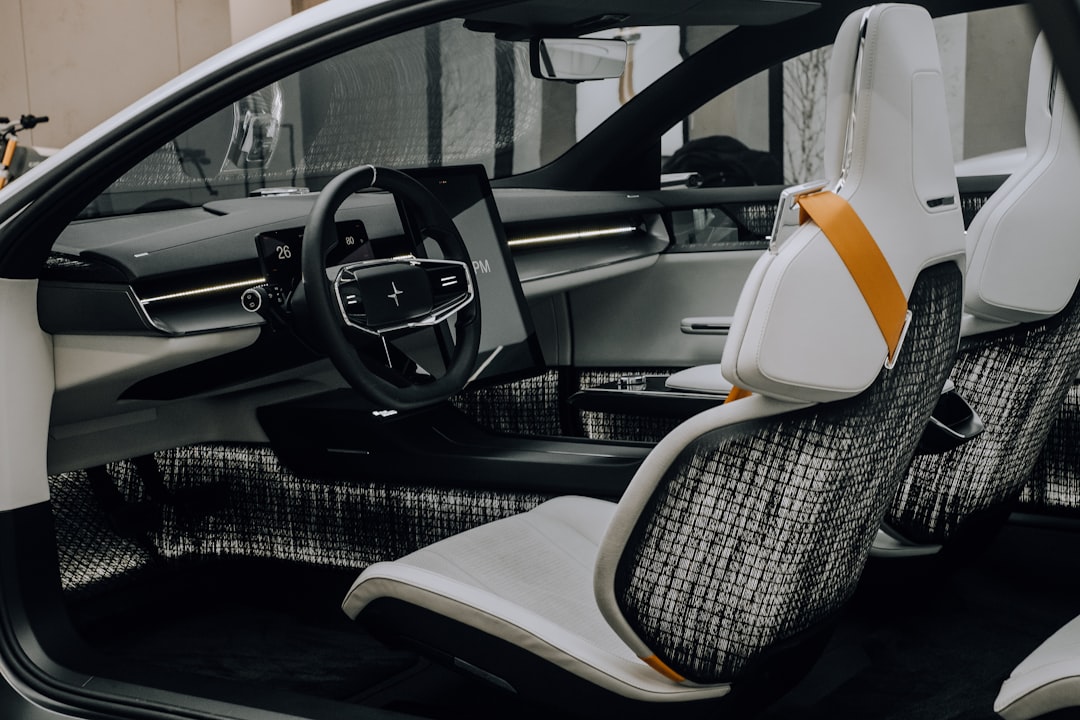 Implications for EV Industry and Infrastructure
Implications for EV Industry and Infrastructure
The evolving landscape of electric vehicles is driving a shift towards the development of batteries with higher nickel content in cathodes and the incorporation of silicon in anodes. These innovations are not only aimed at enhancing energy storage capacity but also at reducing the overall weight of the batteries, which can significantly improve vehicle performance and efficiency. As electric vehicles become more prevalent, the demand for robust and efficient charging infrastructure is escalating. Companies such as Apex Mechanical are at the forefront of addressing these needs by offering specialized EV charger installations, ensuring that the growing number of EV users have access to convenient and reliable charging options.
Additionally, the rise of modular battery designs is poised to transform the user experience at charging stations. These designs allow for quick swapping and easy upgrades, enabling a more seamless and rapid recharging process, which could greatly enhance convenience for EV owners. This innovation not only promises to revolutionize the way charging stations operate but also simplifies battery maintenance and replacements, potentially reducing downtime and operational costs. Integrating battery storage solutions with renewable energy sources is another crucial step forward. By doing so, it becomes possible to balance grid demands more effectively and bolster sustainability efforts, ensuring that the transition to electric mobility is both environmentally friendly and economically viable.
Apex Mechanical is committed to supporting these advancements by providing comprehensive solutions in electrification and energy storage. Their expertise ensures that the infrastructure supporting electric vehicles keeps pace with technological advancements, helping pave the way for a cleaner and more sustainable future in transportation. For more detailed insights into their services and how they can assist in your transition to electric vehicles, visit Apex Mechanical's website.
The Role of Battery Management Systems
Advanced battery management systems (BMS) play a pivotal role in the realm of electric vehicles, ensuring that batteries operate at peak efficiency and maintain their health over time. These systems are intricately designed to monitor and regulate energy flow within the battery, which is especially critical in high-density applications where the risk of overheating or other malfunctions could lead to safety hazards. By continuously assessing the state of the battery, a BMS can prevent potential failures and maintain optimal performance, which is essential for the longevity of electric vehicles.
Furthermore, the integration of artificial intelligence into battery management systems is revolutionizing how these systems function. AI algorithms can analyze vast amounts of data collected from the battery to predict potential failures before they occur, enabling preemptive measures to be taken. This predictive capability also allows for more efficient charging cycles, as the system can dynamically adjust to the battery's current condition and usage patterns, thus extending the battery's lifespan by as much as 20%. Such advancements not only enhance the reliability of electric vehicles but also contribute to reducing long-term maintenance costs.
In addition to these technological benefits, the integration of BMS with vehicle systems can lead to significant improvements in overall vehicle efficiency and performance. By communicating with other vehicle components, the BMS ensures that the vehicle operates in harmony, optimizing energy use across different systems. This holistic approach not only enhances the driving experience but also supports sustainability goals by maximizing energy efficiency. For those seeking comprehensive solutions in electrification and energy storage, companies like Apex Mechanical offer cutting-edge services that leverage these advanced battery management technologies. To explore how these innovations can benefit your electric vehicle needs, visit Apex Mechanical's website.
Cost Reduction and Economic Viability
The recent decline in battery prices, falling by nearly 14% in 2023, marks a significant shift attributable to the stabilization of essential mineral prices, such as lithium, cobalt, and nickel. This price drop is a stark contrast to previous years, where escalating costs posed a challenge to the affordability of electric vehicles (EVs). Among the various battery types, Lithium Iron Phosphate (LFP) batteries are increasingly favored due to their cost-effectiveness and dependable performance, helping them capture a larger share of the market. This trend is particularly notable in regions like China, where LFP batteries have become a staple in the EV industry, further driving down costs for consumers.
In addition to material cost stabilization, the transformation of the global battery supply chain plays a crucial role in cost reduction. By shifting towards localized production, countries aim to cut down on import dependencies and associated costs, fostering a more resilient and efficient supply network. This strategic move not only reduces transportation expenses but also enhances the economic viability of battery production, supporting the broader goal of making electric vehicles more accessible. Achieving price parity with internal combustion engine vehicles is essential for the widespread adoption of EVs, and these supply chain innovations are a step in that direction.
Moreover, advancements in manufacturing processes are poised to further slash costs and improve battery performance. For instance, new techniques in battery assembly and the use of alternative materials are set to enhance efficiency and reduce production expenses. These innovations could lead to a new era of affordable electric vehicles, driving the transition to cleaner transportation. For those looking to stay ahead in this evolving market, Apex Mechanical offers cutting-edge solutions in electrification and energy storage, ensuring that the benefits of these technological advances are fully realized. Explore more about how these innovations can support your transition to electric vehicles by visiting Apex Mechanical's website.
Safety Enhancements in Battery Technology
The advancement of solid-state batteries stands as a promising frontier in enhancing safety for electric vehicle (EV) batteries. These batteries utilize solid electrolytes instead of the liquid ones found in traditional lithium-ion batteries, which could drastically minimize the fire risks associated with flammable liquids. This shift not only promises a safer alternative but also paves the way for more efficient energy storage systems. Researchers are also exploring innovative materials like organosilicon-based liquid solvents, which aim to further reduce the potential for fire hazards, thus offering a more secure option for battery chemistry.
Beyond chemical enhancements, the development of advanced cooling systems plays a critical role in ensuring battery safety. These systems are designed to manage heat dissipation efficiently, preventing the batteries from overheating during high-demand scenarios and thereby enhancing operational safety. Continuous monitoring technologies have also become integral, providing real-time insights into battery temperature and overall health. Such systems are capable of detecting anomalies that could lead to thermal runaway events, thus significantly reducing the risks of catastrophic failures. As the industry progresses, regulatory standards are evolving to keep pace with these technological innovations, ensuring that as new battery technologies are introduced to the market, they adhere to stringent safety requirements.
Conclusion and Call to Action
The ongoing advancements in battery technology are set to dramatically transform the electric vehicle industry, offering the potential for significantly enhanced range, superior performance, and greater sustainability. With innovations such as solid-state batteries promising higher energy density and improved safety, and new materials reducing reliance on scarce minerals, the future of electric vehicles looks promising. These technological breakthroughs are not only aimed at addressing current limitations but also at paving the way for a more sustainable automotive industry. As the market continues to evolve, staying informed and prepared is essential for anyone involved in or interested in the electric vehicle space.
For businesses and individuals keen on staying ahead in this rapidly changing landscape, Apex Mechanical offers unparalleled expertise in electrification and energy storage solutions. Their comprehensive services are designed to support your transition to electric vehicles, ensuring that you are equipped with the latest in battery technology and energy infrastructure. Whether it's installing EV chargers or integrating advanced energy storage solutions, Apex Mechanical can help you navigate the complexities of the evolving EV market. To learn more about how Apex Mechanical can assist you in embracing the future of transportation, visit Apex Mechanical's website and explore their offerings.
